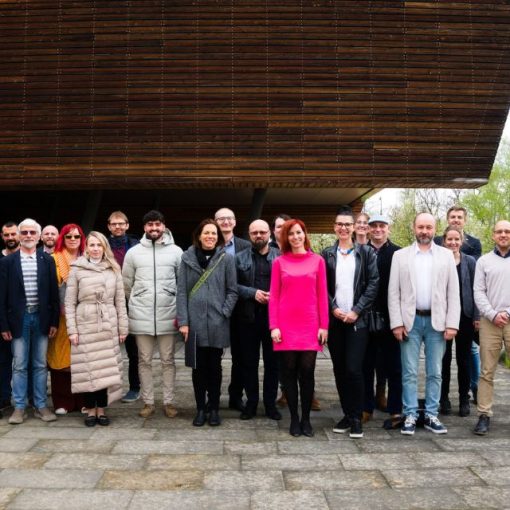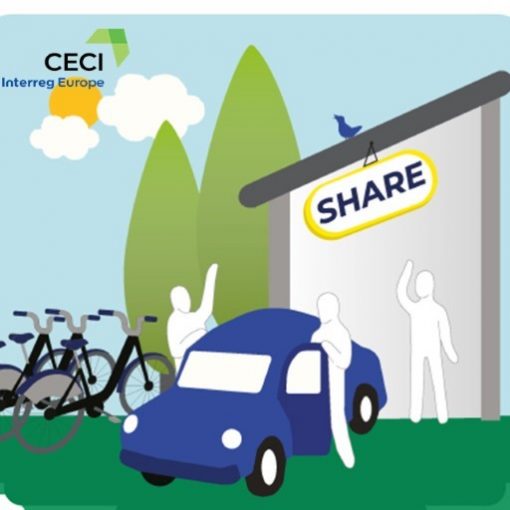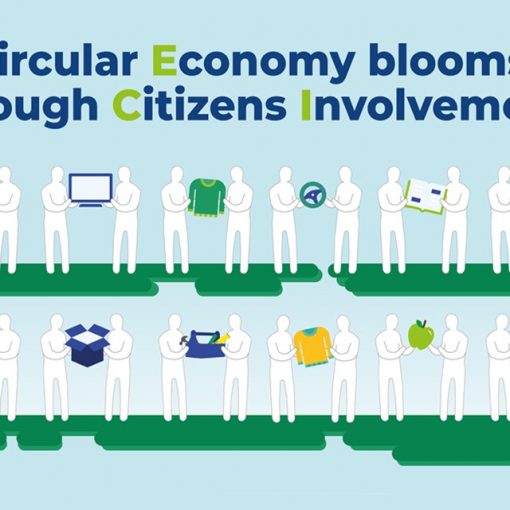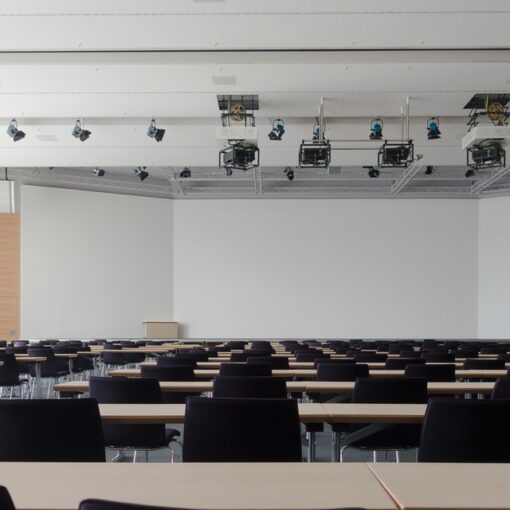Two Interreg Europe projects, RESINDUSTRY – Policies for Renewable Energy Sources in Industry and SME POWER – SMEs Powering a Low Carbon Future, jointly organised New Growth from Energy Efficiency and Renewables webinar on 16 June 2020. The webinar focused on funding issues for businesses related to energy efficiency and renewable energy, the calculation of carbon footprint and business support instruments. Also, both projects presented their goals and actions. The event was especially intended for the regional stakeholders; however, it was open to other companies and developers interested in the topic.
Due to a similar focus on the low-carbon economy, the two projects closely work together and established a joint local stakeholder group in the Päijät-Häme region. In Finland, RESINDUSTRY is coordinated by LAB University of Applied Sciences, and SME POWER is managed by Heinola City.
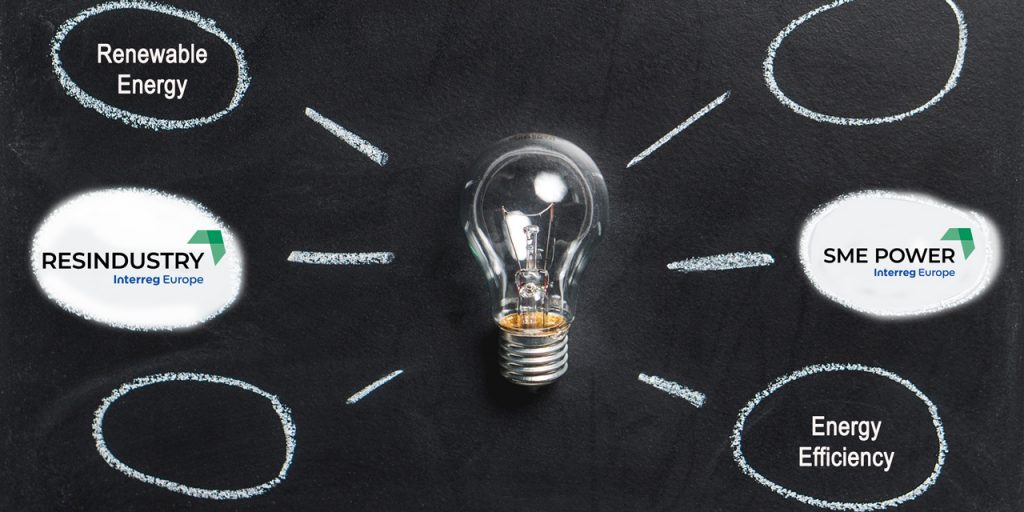
Energy Aid for Industry and Businesses
Markku Mäkelä (2020), Product Manager from the innovation funding centre Business Finland, presented available funding options to increase energy efficiency and the use of renewable energy sources in the industry. Currently, the energy aid is directed at the development of innovative solutions for low-carbon energy systems: the growth of renewable energy use, energy savings through energy efficiency, new technology projects, Motiva type energy audits and from 2020, also increase of material efficiency.
According to Mäkelä (2020), in 2019, altogether 17 new technology projects were funded by 1 656 000 €, out of which 70% of projects were related to energy efficiency and 30% to renewable energy projects. As new technology is regarded the first demonstration plant of a novel solution not experimented in Finland.
Based on the number of energy subsidy classification (Figure 1), most applications in 2019 were strongly related to photovoltaics, followed by the building’s energy efficiency and waste heat recovery. Heat pumps have been gaining popularity and the number of applications increases compared to previous years. (Mäkelä 2020.)
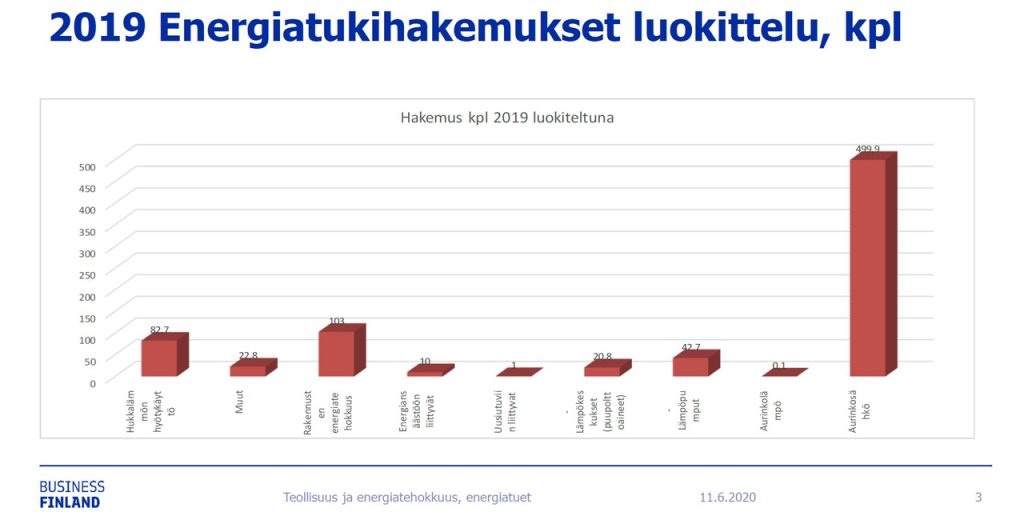
Investments promoting energy efficiency and savings in 2020 (conventional technology) is in a range of 15-25%: 20% for companies and entities that have signed energy efficiency agreements, 25% when using the ESCO (Energy Service Company) service, 15% for non-energy performance contracting companies and communities when using the ESCO service. Projects involving new technologies will be awarded on a case-by-case basis with increased support (20-40%) also for companies and municipalities with no energy efficiency agreements. (Mäkelä 2020.)
The investment aid for various renewable energy solutions varies from 10-30%: heating plant projects (wood fuels) 10-15%, heat pump projects (excluding the use of waste and residual heat) 15%, solar heat projects 20%, small hydroelectric power projects 15-20%, landfill gas projects 15-20%, small wind power projects 15-20%, small CHP projects 15-20%, solar electricity projects 20%, biogas projects 20-30%. (Mäkelä 2020.)
For investments in renewables and energy efficiency using new technology, investment aid is up to 40% for SMEs, 30% for big companies. Research projects related to energy audits of the municipal sector, micro-enterprises and SMEs related to energy efficiency agreements can be granted to 50% and other energy audits 40%.(Mäkelä 2020.)
According to Mäkelä (2020), awareness and communication related to energy funding possibilities among companies needs to increase as only an industry fraction has applied so far.
Authors
Katerina Medkova works as an RDI specialist at LAB University of Applied Sciences and Project & Communication Manager in the RESINDUSTRY project
Jaana Myllyluoma acts as a Senior Adviser in Finnish Consulting Group and coordinates the SME POWER activities on behalf of Heinola City
References
Mäkelä, M. 2020. Rahoitusvaihtoehtoja teollisuuden energiatehokkuuden ja uusiutuvan energialähteiden käytön lisäämiseen. Presentation given at New Growth from Energy Efficiency and Renewables webinar on 16.6.2020. [Cited 21.6.2020]
Links
Interreg Europe. 2020a. Project Summary. RESINDUSTRY. [Cited 21 Jun 2020]. Available at: https://www.interregeurope.eu/resindustry/
Interreg Europe. 2020b. Project Summary. SME POWER. [Cited 21 Jun 2020]. Available at: https://www.interregeurope.eu/smepower/
Interreg Europe. 2020c. New Growth from Energy Efficiency and Renewables. RESINDUSTRY. [Cited 21 Jun 2020]. Available at: https://www.interregeurope.eu/resindustry/events/event/3543/new-growth-from-energy-efficiency-and-renewables/
Pictures
Picture 1. Pixabay: Clear Light Bulb (2017). Pexels. [Cited 21 Jun 2020]. Available at: https://www.pexels.com/photo/abstract-blackboard-bulb-chalk-355948/
Picture 2. Markku Mäkelä: 2019 Energy subsidy applications classification, pcs (2020). Business Finland. New Growth from Energy Efficiency and Renewables webinar on 16.6.2020.

